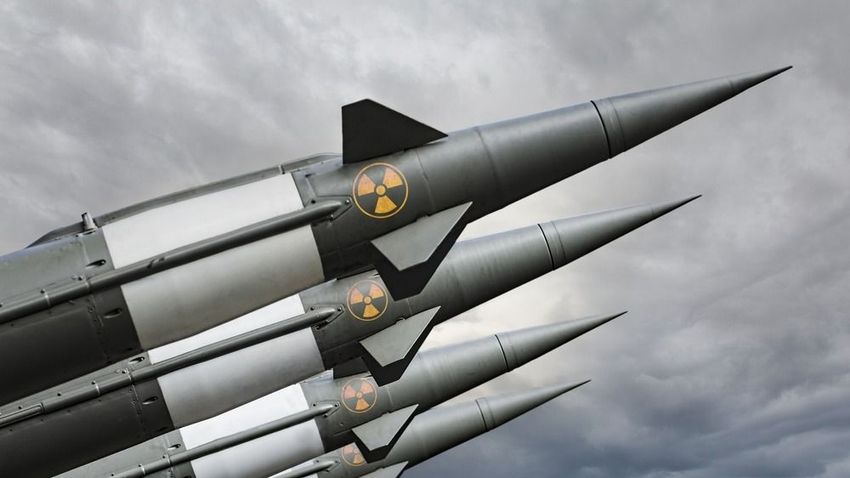Jake Sullivan, the US National Security Adviser, said that the Biden administration is ready to work with Russia on nuclear arms control and disarmament, but that strengthening China’s arsenal will complicate those efforts, as China’s operations must be taken into account when modernizing the US military.
Jake Sullivan said Friday that China’s plan to build 1,500 warheads by 2035 is “one of the largest peacetime nuclear weapons programs in history.”
The United States is open to negotiations with Russia on establishing a new framework for nuclear arms control after the New Start Treaty, which controls both countries’ long-range nuclear weapons, expires in 2026, but “how far can the United States go in preparing In front of the Arms Control Association, “The framework of action is greatly affected by the size of the Chinese nuclear arsenal and the extent of its armament.”
Russian President Vladimir Putin announced in February that he would suspend Russia’s participation in the treaty and would not allow the United States and NATO to inspect its nuclear facilities.
But Sullivan pointed out that Russia has indicated that it will abide by the central limits of the agreement: He added that the United States will do the same as long as Moscow does the same. Although he did not want to engage in predictions about the future of the negotiations, he did draw attention to the fact that previously the United States and Russia had been able to conduct similar negotiations for the greater good.
“We have hard work and a long way to go, but Russia, based on historical experience, will definitely come to the negotiating table,” Sullivan said.
Turning to China, the National Security Adviser said he believed there was no indication that the Asian country was willing to separate the issue of nuclear weapons from other aspects of the relationship between the two countries, but at the same time called on Beijing to make contact. The United States directly on this issue for the public good.
Sullivan said he had in-depth discussions on the issue with China’s top diplomat Ji Fang when they met in Vienna last month and made it clear to him that America is open to flexibility in developing a new framework.












































